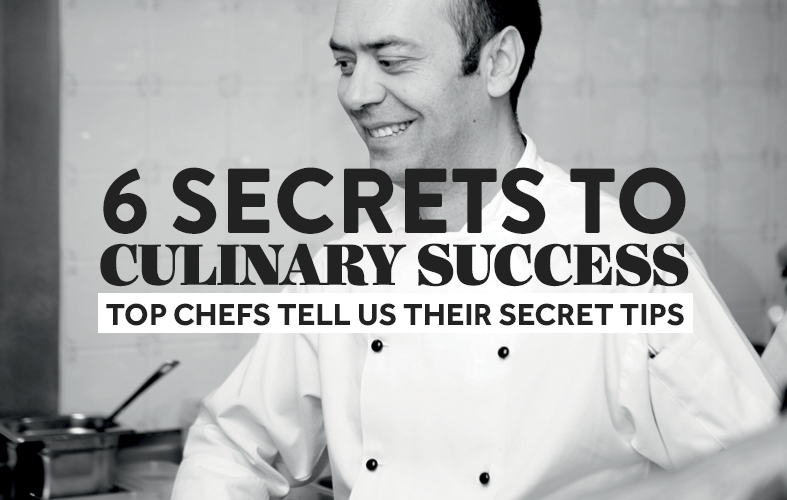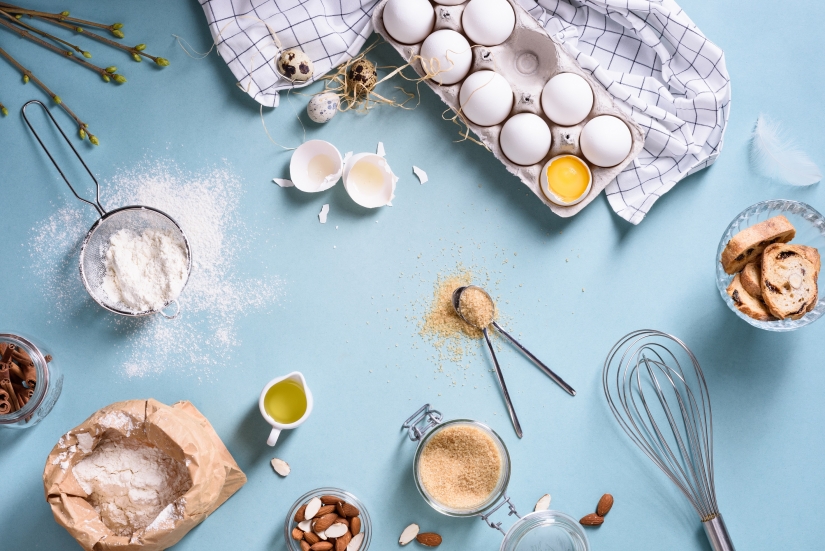Cruelty Free Beauty
- 4 signs you have low iron levels
- Zero Waste Beauty: Adopt a green routine with these sustainable products
- This eco-friendly beauty box is packed with refillable multi-taskers
- “I find myself using it even when I don’t need to!”
- Arctic-inspired natural skincare brand launches in the UK
- Green People launches beauty balm packaged in 100% biodegradable pot
- Lush launches same-day delivery service for its iconic handmade cosmetics
- “This cruelty-free tanning water gave me the confidence boost I needed”
- rho launches sustainable loungewear that gives back
- Rose & Caramel Raises Awareness For Women’s Self-Esteem & Mental Health With ‘I TAN FOR ME’ Campaign
- Couple launches entirely plant-based and refillable deodorant on Kickstarter
- View all
Eco Living
- Simple Hacks to Cut Your Food Waste with Gino D’Acampo
- Five Easy Ways to Reduce Food Waste
- Eat these foods to boost your mood
- Upgrade Your Cheese Toastie
- Have a healthy Christmas with these festive food swaps
- Omega-3 Health Benefits
- 5 minutes with Max La Manna
- A nutritionist’s guide to eating for healthy joints
- Easy ways to achieve your health goals
- Discover the benefits of raisins on a vegetarian diet
- Improve your gut health with California Raisins
- View all
Vegan Recipes
- Quorn Vegan Hot & Spicy Burger with Pink Slaw
- Tomato and Pumpkin Soup
- Pea and elderflower cocktail
- Matcha Coconut Ice Cream
- Vegan Lemon Bars
- Mango Salad with Thai Dressing
- Garden Gimlet
- Tofu & Green Beans Teriyaki
- Cornflakes Bombay
- Rainbow Pickle
- Soba noodles with kale and collards
- View all
Popular recipes
- Spinach and ricotta quiche vegetarian recipe
- Cheats mushroom and spinach lasagne vegetarian recipe
- Lentil bolognese vegetarian recipe
- Creamy mushroom stroganoff vegetarian recipe
- Malaysian Rendang curry vegetarian recipe
- Feta, Butternut Squash, Caramelised Onion and Cashew Nut Wellingtons
News
- Online sustainable marketplace launches with vegan, organic and vegetarian products
- Vegetarian butcher takes over popular London shop
- Dutch Firm Unveils Vegan Egg White Substitute Made From Brewery Yeast
- Jammie Dodgers secures vegan status with 100% plant-based recipe
- Nature lovers needed to help The Wildlife Trust restore 30% of nature by 2030
- PETA releases vegan guides to top holiday destinations
- Eat these foods to boost your mood
- Wagamama’s new food concept is all about sustainability
- British Airways commits to removing 700 tonnes of single-use plastic from flights in 2020
- Big Butterfly Count calls on public to help with conservation efforts
- Plates London launches plant-based online cookery course
- View all
6 secrets to culinary success: Top chefs tell us their secret tips
What do the professionals do differently?We caught up with some of our favourite chefs to find out their tips for culinary success every time

1. Cook quicker,smarter
Make dinner faster with these tips from the Michelin star-winning chef: ● To peel garlic more easily, drop it in a pan of boiling water for a minute or so first. ● White or brown rice will cook faster if you soak it in water for 30 minutes first. ● Ginger keeps very well in the freezer; when you need it, you can just grate a little. ● Whenever you are using spices, either whole or powdered, always warm them in a pan first – this will release the natural oils and flavours and it will make a big difference to the end taste. ● To stop milk sticking to the bottom of the pan if being simmered, just rinse the pan in water before adding the milk.
2. Use local ingredients
Nettles are really overlooked in British cookery. Using rubber gloves, pick the top young leaves and purée with a little olive oil before stirring through cooked pasta or risottos. It also makes a pretty mean pesto.
3. Cook better pasta
Pasta is a staple we all use every day. Here are TV chef Aldo Zilli’s top tips for cooking this storecupboard staple: 1Make sure the water is at a rolling boil before you add the pasta. This will ensure the pasta will be ‘al dente’ which means it still has bite. 2Use a big pan so it doesn’t stick together. This way, you’ll be able to give more attention to the sauce you’re making. 3 Stir the pasta occasionally so nothing sticks to the bottom. 4Never pour oil into the cooking water, it’s just a waste! It doesn’t stop the pasta from sticking together. Do season your pasta water though. 5Never cool the pasta under cold water when it’s ready. Cool it down on a surface such as a bowl or a plate, and then add some olive oil. 6 Reserve a little of the cooking water to loosen the pasta sauce.
4. Eat seasonally
“Try to understand the ingredients that are in season. We seem to forget that every country has seasons, it’s just that I don’t want to eat foreign strawberries in winter – they are all about the summer for me and I’ll wait. Mother Nature provides us with the very things that we should be eating at a certain time of year. Iron-rich brassicas and roots to take us through the mean months then a wonderful blood-letting of berries, peas and the like to waltz us through a hot summer. It makes sense to eat the things that are growing at the time they grow. If you take asparagus, for example, it has a short season. I want to eat as much of it as possible. Therefore, it’s the job of the seasonal cook to enjoy it in as many different recipes as possible in order to avoid boredom. The asparagus departs and you can start a passionate affair with the next thing to come along.” Valentine Warner is working with The London Produce Show which aims to celebrate fresh produce.
5. Find your favourite seasoning
“What is Spanish cooking without pimenton? It’s indispensable in so many sauces and Spanish stews and is one of my most favourite ingredients! Every store cupboard should have a tin".
6. Make more of tomatoes
September is the end of the summer season and contrary to many opinions is the best time for tomatoes – they’ve had the full summer sun. I like to use heritage varieties and marooned or plum. A simple tomato salad is brilliant and should always be served at room temperature. Dress the sliced tomatoes with extra virgin olive oil, cabernet sauvignon vinegar, I use those from Gresado.com and sea salt and pepper. You could throw in some freshly picked marjoram leaves too.
Treat your guests with a few of these great new recipies here
More from Vegetarian blog

Following the release of her first cookbook, The mymuybueno Cookbook, Justine Murphy tells us why delicious, healthy and achievable cooking is so important
_825_619_int.jpg)
Everyone is looking for food options that provide nutrients to keep our bodies healthy, and walnuts are a great option.
ADVERTISEMENT FEATURE

Quarantine life is all about getting creative in the kitchen!

ADVERTISEMENT FEATURE

Take time out with these anxiety-relieving products and exercises.
ADVERTISEMENT FEATURE




